|
Digital lessons in Bangladesh have resumed for thousands of the children that we support through 29 community schools and 75 camp learning centres. Find out how they are making learning exciting and helping the children to flourish once more.
The Rohingya refugee children we support in Kutupalong refugee camp in Bangladesh were delighted to return to school in September when our learning centres were allowed to open again after lockdown. But don’t just take our word for it, read on to hear from the students and teachers themselves.
Jesmin is a Project Officer for Mukti Cox's Bazar, our partner organisation in Bangladesh, who we work alongside to provide education to 7,500 Rohingya refugees in Kutupalong, the world's largest refugee camp.
Jesmin talks to us about her work, why she made a drastic career change and what she loves about her job. Flowers and chocolates welcome children back to school in Bangladesh after 18 months of closures28/9/2021
In Bangladesh, due to a prolonged state of national lockdown, children have been unable to attend school for the last 18 months. We are so happy to let you know that on Sunday 12th September, the community schools we support in Cox’s Bazar and the Doharazi enclaves finally opened their doors and welcomed children back into the classrooms.
Ten days later on Wednesday 22nd September, the Learning Centres we support in Kutupalong refugee camp welcomed back over 2000 Rohingya refugee students after being given the go ahead to open by the government. Read on to see the reaction from the students and how we have been making the schools safe for the children to return. MEET RISHMARishma Akter is a Rohingya refugee from Myanmar, who fled to Bangladesh in 2017 with her family. She received training from our partner organisation and now teaches at Learning Centre 22 in Kutupalong refugee camp. She is 18 years old and happily married. She loves teaching, and loves her students and describes one poignant moment in her career...
In all of our projects around the world we work in partnership with local organisations and people from the communities to help create safe, child friendly environments where children can realise their rights and restore the ingredients of a full childhood by generating hope, life, colour and fun.
In the Kutupalong camps where we work in partnership with local organisation Mukti Cox’s Bazar to provide education for 7,500 Rohingya children. We spoke to 28 year old Project Officer, Somorjit Das Raju who is part of the Mukti team, to find out more about his career and his highlights working with children in the Learning Centres. Digital programme from Children on the Edge and Mukti wins 2020 Tech4Good Education award14/10/2020
Children on the Edge and Mukti are pioneering digital learning to overcome language barriers and deliver meaningful education for 7,500 Rohingya refugee children in the Kutupalong camp, Bangladesh; winning them this year’s education prize at the 2020 Tech4Good Awards. Over a million Rohingya refugees have fled violence in Myanmar in regular waves of displacement since the early 1990s. Genocidal attacks in August 2017 drove more than 742,000 people to seek refuge in Bangladesh, over half of which were children. Children on the Edge has been ensuring access for Rohingya refugee children in the Kutupalong camp since 2009, originally creating low-profile schools to enable learning for thousands who were cut off from services. Whilst the Bangladesh government currently allows education in the camp, children are not permitted to learn in Bangla and there is no universally recognised script for the Rohingya language. This means that the workbook based education generally on offer is severely limited. To tackle this problem, Children on the Edge provided 75 smartphones and battery powered projectors to their schools in the camps. Their digital team translated or dubbed existing digital educational content into the Rohingya dialect. This is now regularly sent via WhatsApp to teachers’ smartphones, which slot into the battery-powered projectors in the classrooms. After the initial pilot, child after child expressed joy and disbelief to be able to finally understand the lessons being presented. 1.5 hours of digital lessons are now delivered twice a day across all classrooms in the camps and their sister schools in the Cox’s Bazar communities. In this year’s AbilityNet Tech4Good awards, this digital innovation was chosen for the Lenovo education award, recognising outstanding digital achievement in education. In its 10th year, Tech4Good judges reported a record breaking 400 entries with Mark Walker, AbilityNet’s Head of Marketing and Communications saying “Our tenth year has seen more entries than ever, with hundreds of amazing examples of how tech can help to make the world a better place”. Rich Henderson, Director of Global Education Solutions at Lenovo said Programme staff report that the initiative is enjoying an overwhelmingly positive response from children and teachers alike. Interviews with students have already shown how digital learning and digital video production is inspiring children and giving them fresh confidence that they will be able to compete in the job market of a globalised world. Henderson goes on to say “Learning about the transformative work of Children on the Edge was uplifting, especially given the current tech and education divide. The organisation’s efforts should propel all other individuals and organisations in the tech space to follow suit by putting digital tech to good use”. Rohingya refugee children have also gone on to use the technology to have their voices heard and to interact outside the camps and slums. Through their own online platform named Moja kids, they have recorded dozens of ‘green screen’ and outdoor news videos, which have been shared back and forth between camp and community schools. “Seeing themselves on screen was literally jaw dropping and The aim is that this platform will become a global online community with no other agenda than for children to be able express their ideas and talents, connecting and communicating beyond the confines of their challenging surroundings.
As the result of a recent Crowdfunder, simple tech equipment is already being sourced for three thriving Child Rights Clubs supported by Children on the Edge in Uganda, so they can connect with children in Bangladesh and be the next set of voices to share their thoughts and experiences as part of Moja Kids.
In the largest refugee camp in the world, Children on the Edge are pioneering digital learning to deliver meaningful education for our 7,500 students in the refugee camps. Beyond this, the children work together to create and share their own fun packed videos using a digital platform called ‘Moja Kids’.
Raiyan is 10 years old and a student in a school supported by Children on the Edge in the Rohingya Kutupalong refugee camp in Bangladesh. He has learnt a lot since starting school and is now working at level 2. He concentrates hard in his lessons and is naturally very creative. When his teacher tells a story or describes something that has happened to the class, Raiyan immediately starts imagining it.
|
RECEIVE OUR EMAILSBlog Categories
All
Archives
July 2024
|
|
JOIN US ON SOCIAL MEDIA
|
Annual Report | Contact Us | Jobs | Media Centre | Resources | Shop
Accessibility & Policies: Accessibility | Equity, Diversity & Inclusion Policy | Complaints| Privacy Policy | Safeguarding
Accessibility & Policies: Accessibility | Equity, Diversity & Inclusion Policy | Complaints| Privacy Policy | Safeguarding
Children on the Edge, 5 The Victoria, 25 St Pancras, Chichester, West Sussex, PO19 7LT, UK | 01243 538530 | [email protected]


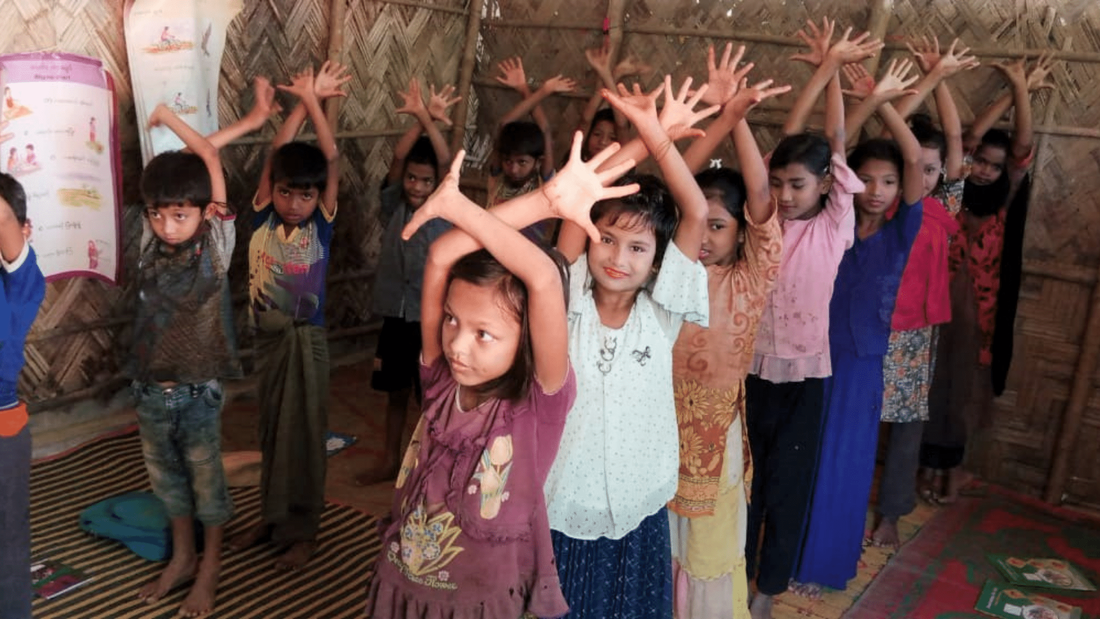
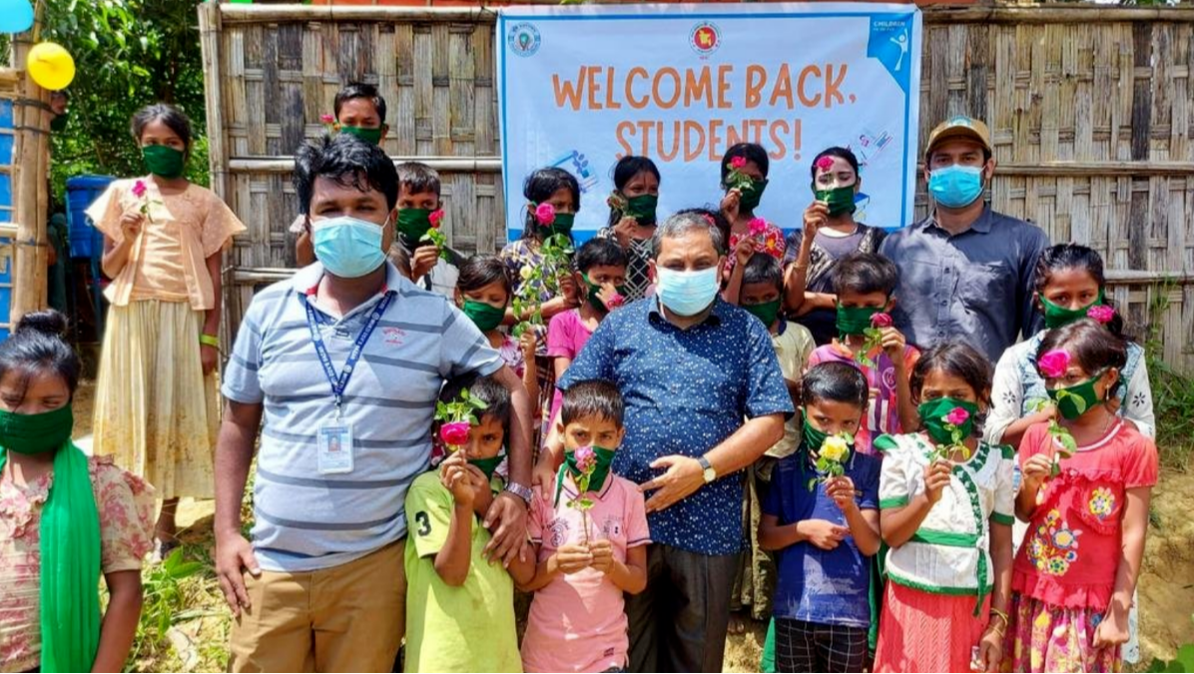
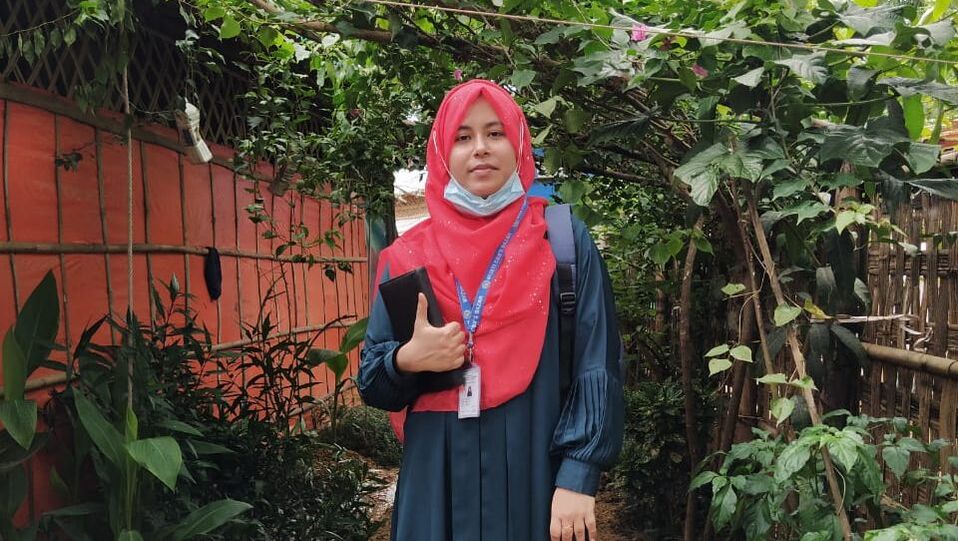
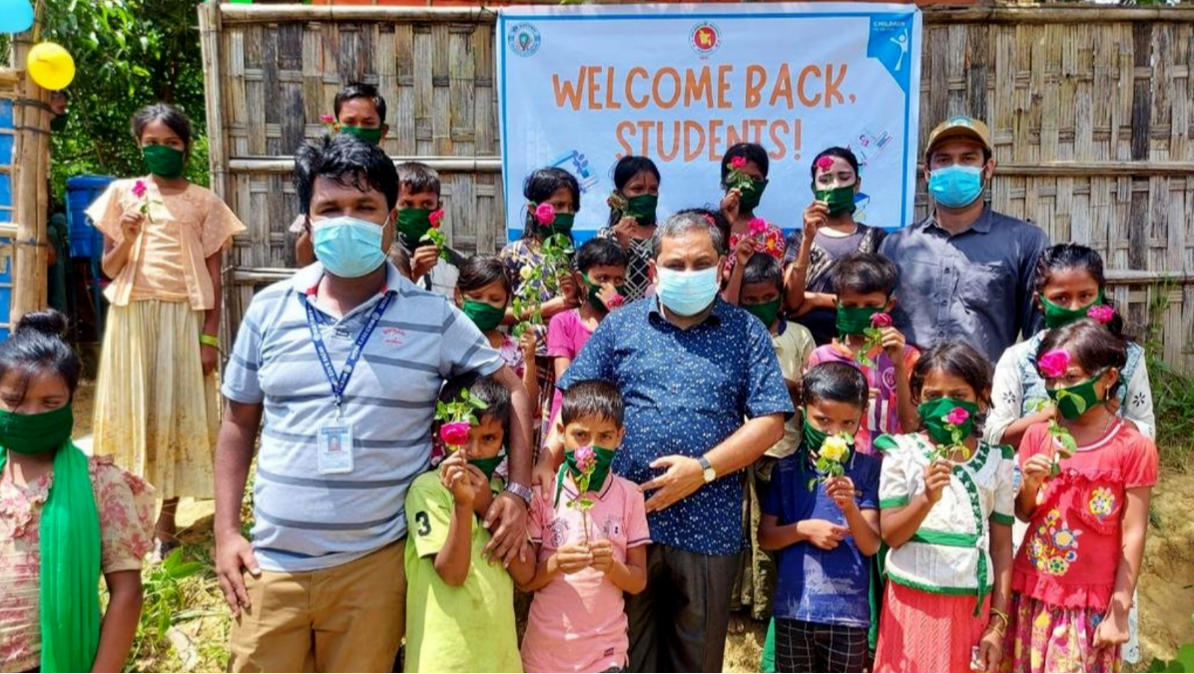
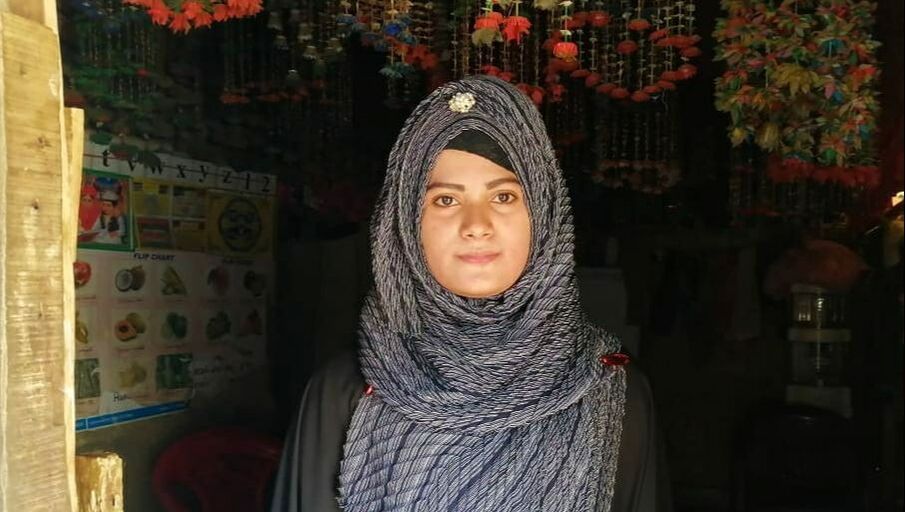
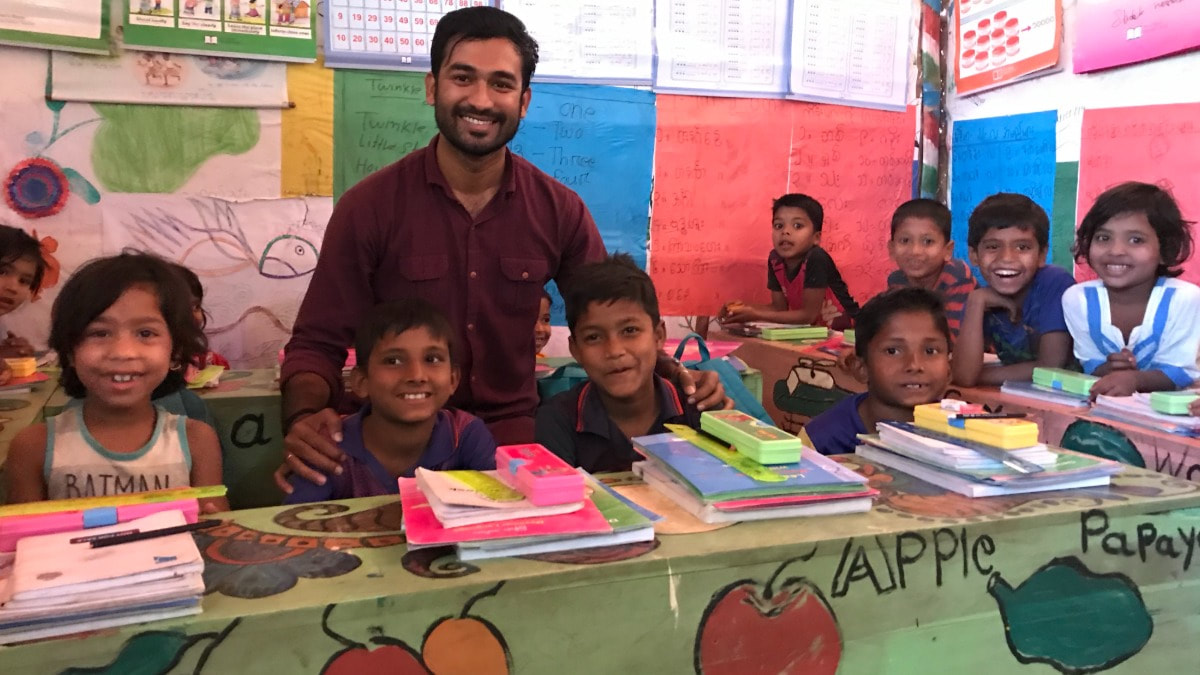
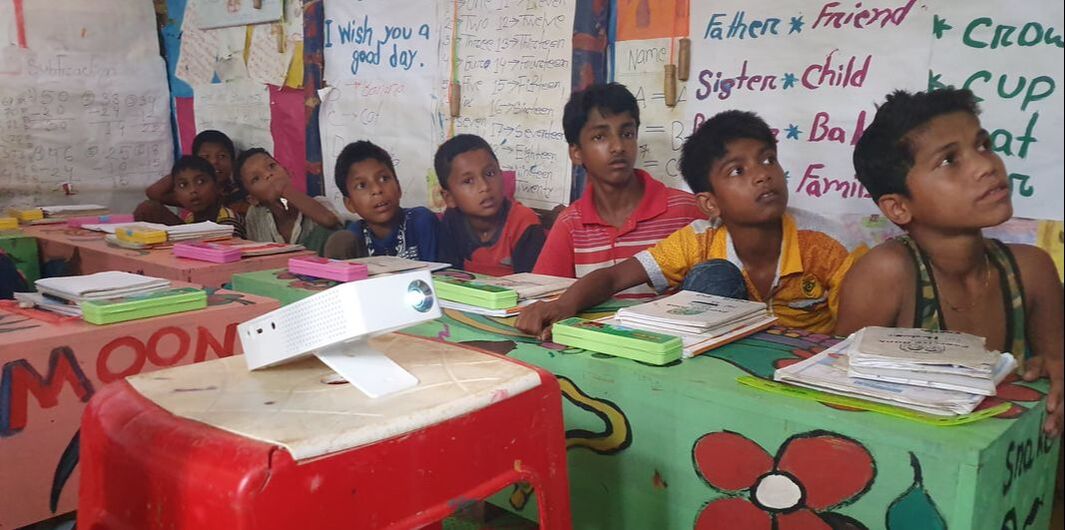
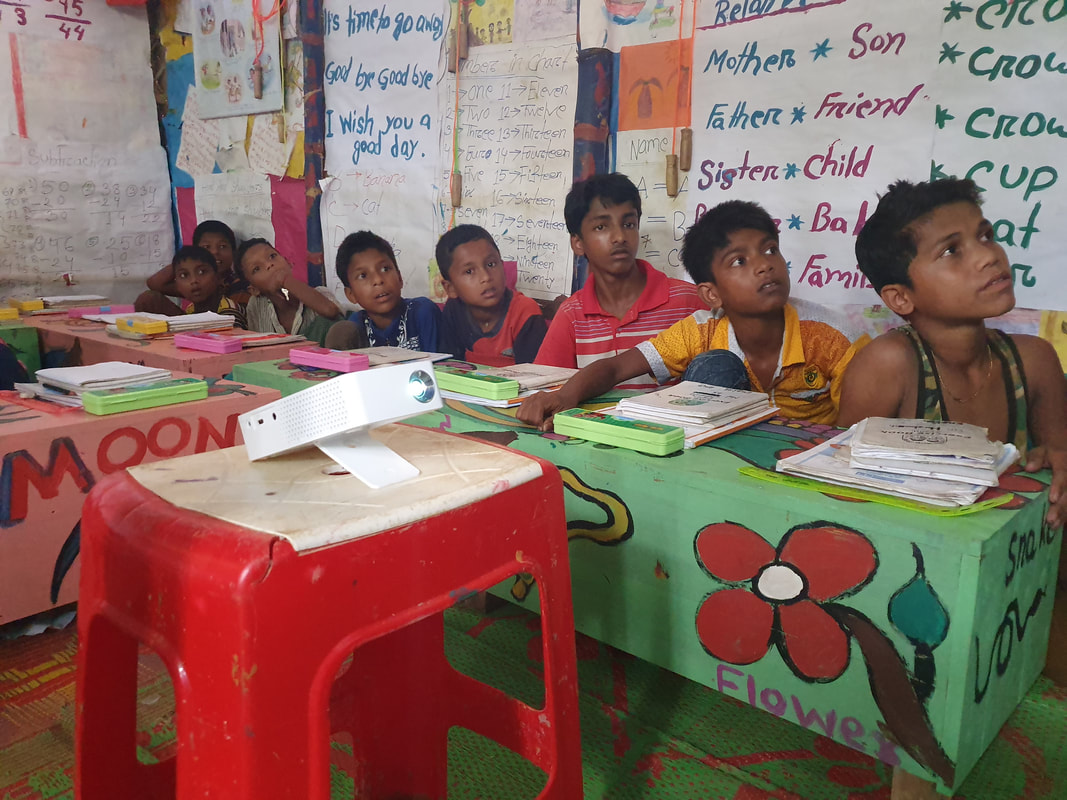
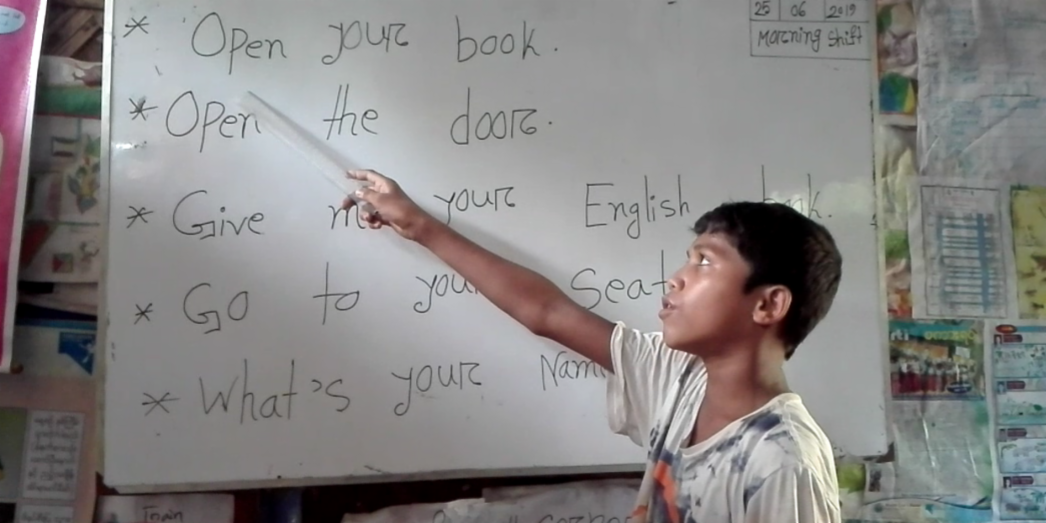
 RSS Feed
RSS Feed
